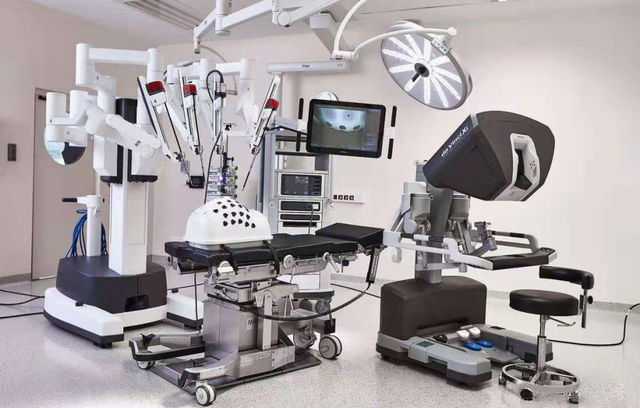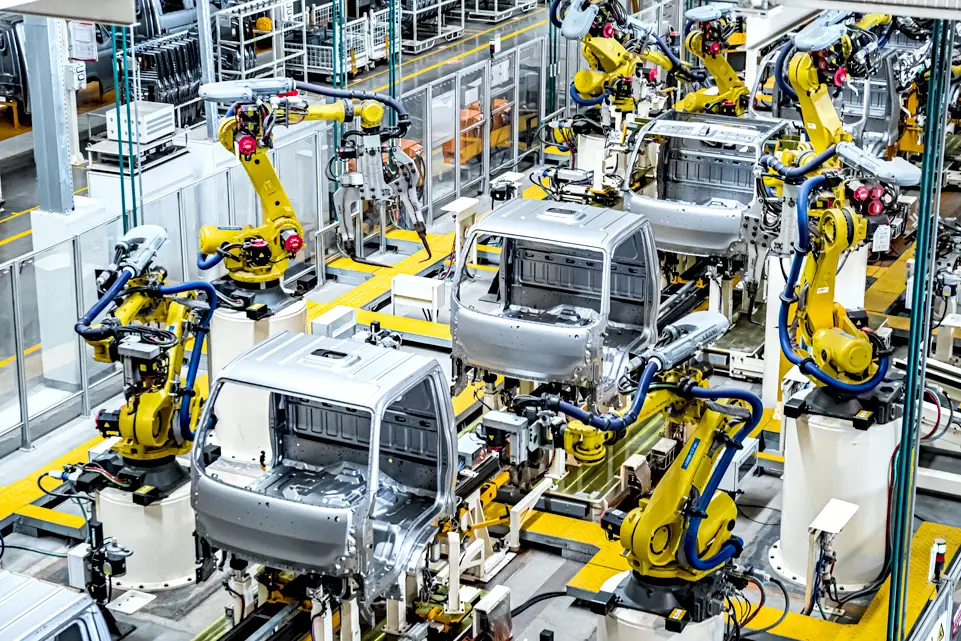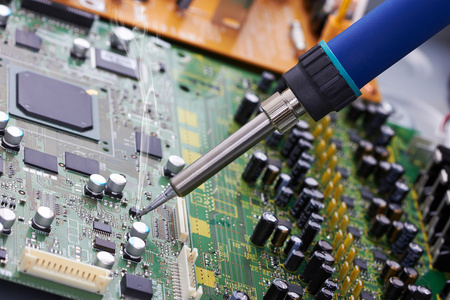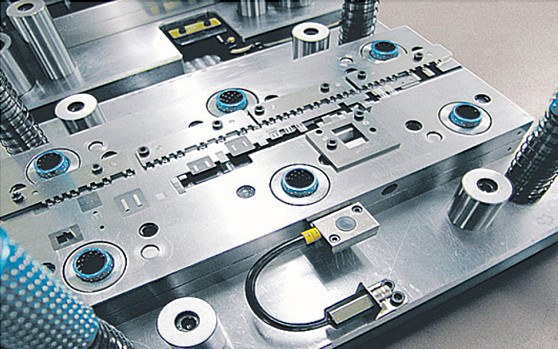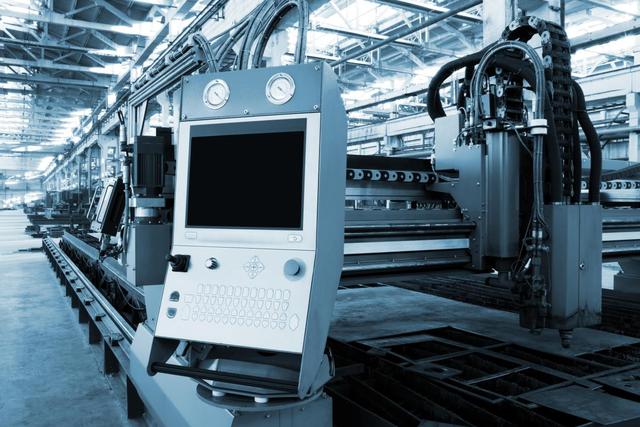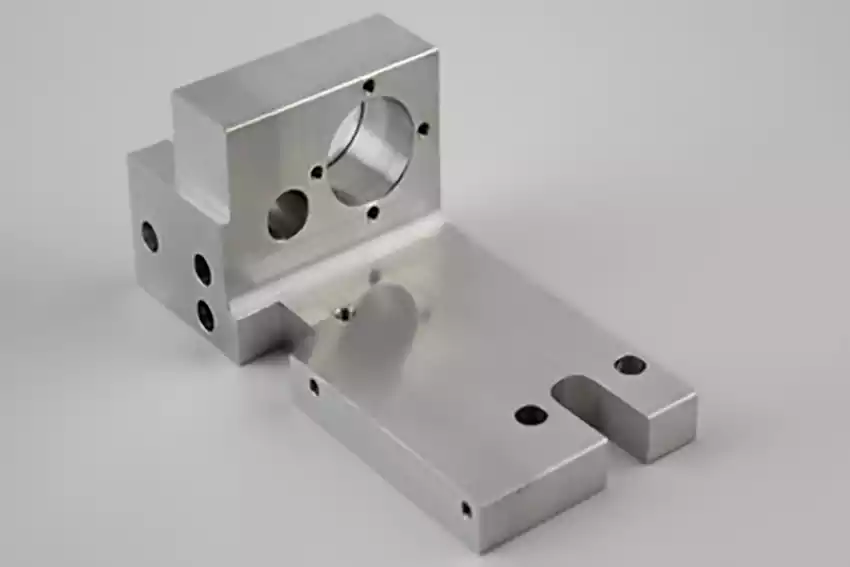
Applications and Advantages of CNC Machining Parts
CNC (Computer Numerical Control) machining parts play a crucial role in modern manufacturing. The introduction of CNC machining technology has revolutionized the way parts are produced, enhancing production efficiency and product quality. This article explores the wide range of applications of CNC m
Quote Now!
CNC (Computer Numerical Control) machining parts play a crucial role in modern manufacturing. The introduction of CNC machining technology has revolutionized the way parts are produced, enhancing production efficiency and product quality. This article explores the wide range of applications of CNC machining parts and their significant advantages.

Applications
Aerospace: CNC machining parts are vital in the aerospace industry. Components such as aircraft engines, fuselages, and other critical elements rely on high-precision CNC machining. These parts must perform under high-temperature, high-pressure conditions, and CNC machining ensures their precision and durability.
Automotive Industry: CNC machining is used to manufacture engine parts, transmission systems, and suspension systems in the automotive sector. With CNC technology, automakers can produce high-quality, high-performance parts with consistency, enhancing vehicle safety and reliability.
Medical Devices: In the medical field, CNC machined parts are used to produce various precision medical instruments and equipment, such as surgical tools, implants, and diagnostic devices. These parts require extreme precision and cleanliness to ensure medical safety and efficacy.
Electronics: CNC machining is also applied in the production of enclosures and internal parts for electronic products. The high precision machining capability allows these parts to play a significant role in the miniaturization and complexity of electronic devices.
Advantages
High Precision: CNC machining can achieve extremely high precision, with tolerances typically in the micron range. This is crucial for parts that require precise fits, such as gears and bearings.
Consistency: The automation and numerical control in CNC machining ensure that every machined part is highly consistent, reducing human error and the defect rate.
Efficient Production: CNC machining allows for mass production and quick program switching, significantly improving production efficiency and shortening lead times.
Complex Shape Machining: CNC technology can machine complex geometric shapes that are difficult to achieve with traditional methods, enabling the production of intricate parts with ease.
In conclusion, CNC machined parts are widely used across various industries, and their high precision, consistency, efficient production, and capability to machine complex shapes make them indispensable in modern manufacturing.


